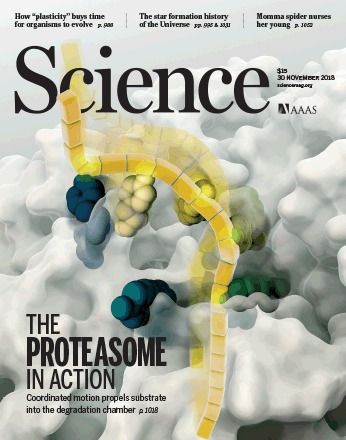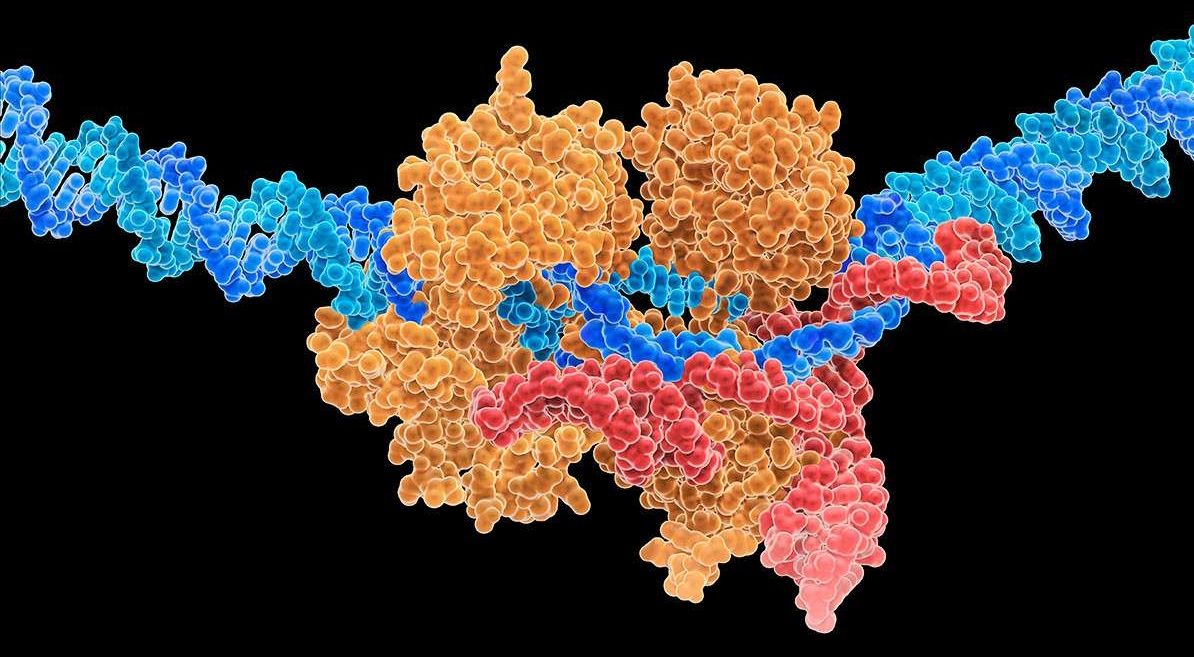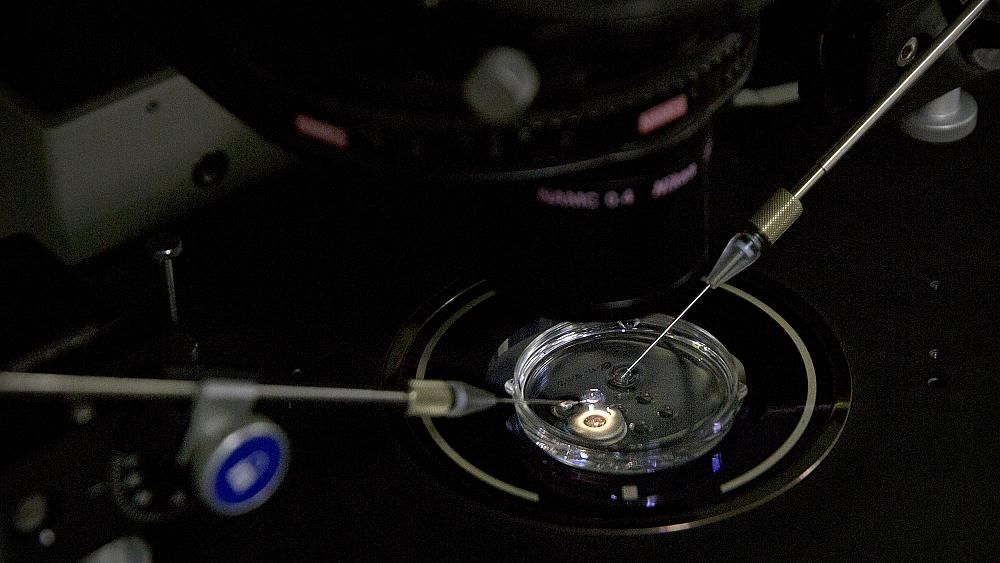Last week Chinese researchers rocked the world with reports that twin babies whose genes the scientists’ edited prior to birth had been born, the product of secret experiments that are being widely decried as unethical. Even as that story plays out, it is true that CRISPR gene editing is already being used in humans, in ways that illustrate just how unethical this recent use was.
“Patients’ parents have been emailing me a lot,” says Hye Young Lee, a researcher at the University of Texas San Antonio whose work looks at alternative delivery methods for CRISPR. Lee says she normally gets a few emails a month from the parents of the patients she works with, but that the number of emails went up recently—in relation, she suspects, to the news of the CRISPR babies, which is creating the illusion that CRISPR and other gene editing techniques are ready for extensive use in humans.
The scientific community’s current consensus is that they’re far from being at that stage—and it’s impossible to know now when or if they will be. But gene editing is being used in adult humans, to early trials to treat genetic diseases. In terms of gene editing for adults, “I know that there are things going on,” Lee says, but it’s nothing like this week’s news. Although her own work is at least a few years away from being ready for human testing, there are some cautiously progressing trials at drug companies using CRISPR in adult humans who have diseases that are the result on mutations in a single gene.








